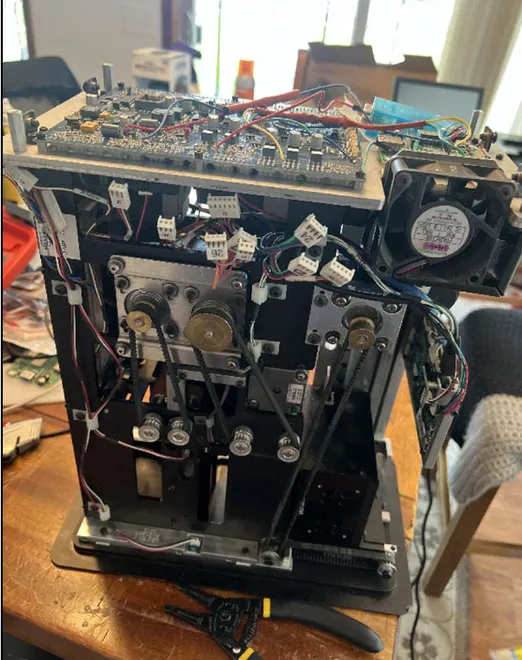
There’d been a crucial break in one of Manhattan’s most infamous unsolved murders. One after another, reports from NYPD detectives popped up on the New York City police commissioner’s BlackBerry. Ray Kelly was on a quick work trip to London, and here, by the Thames in the predawn hours of May 24, the case of a little boy who had disappeared 33 years earlier suddenly loomed large on his handheld screen. It was a grim flashback to times when New York was a nearly bankrupt metropolis with streets that reeked of refuse and echoed with gunfire. As the sun rose in London, the emails kept coming.
Kelly, indefatigable even at 70, had spent the previous 48 hours meeting with British police and intelligence officials, studying security and antiterrorism preparations for the upcoming London Olympics. There had been discussions about underwear bombs undetectable by magnetic scanners and Scotland Yard had showed off its collection of infernal devices cobbled together by terrorists: explosives disguised as basketball shoes and computer-printer cartridges. It was the stuff of 21st-century nightmares.
Since he took over as police commissioner in the aftermath of 9/11, Kelly’s most critical mission has been to thwart all terrorist threats against the city, and he’s aimed to do that, in some cases, even before a plot is entirely clear to the plotters themselves.
To read the full story click here.




